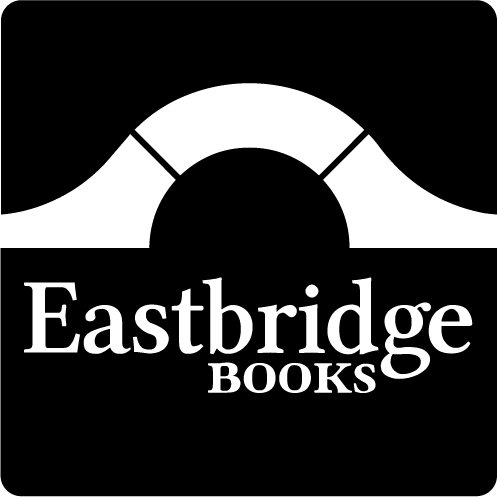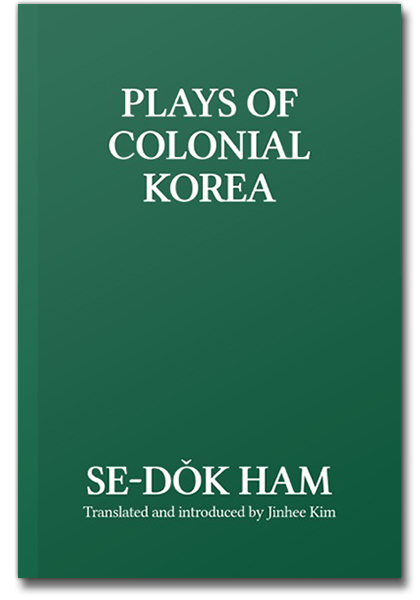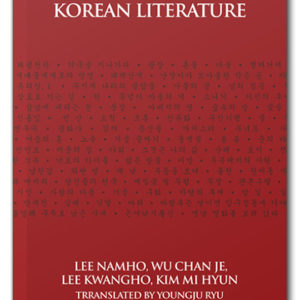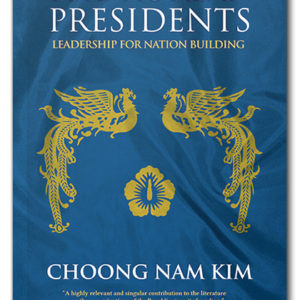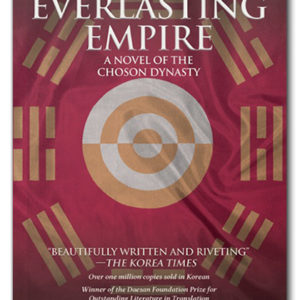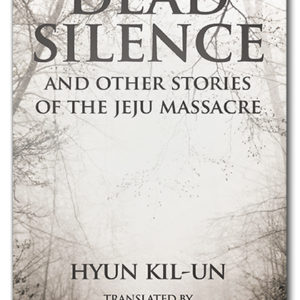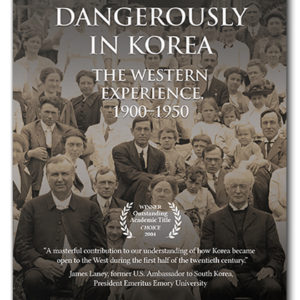Plays of Colonial Korea
Se-dok Ham
March 2007 | 148 pages
![]() $14.99 (paperback) | ISBN
978-1-78869-033-1
$14.99 (paperback) | ISBN
978-1-78869-033-1
![]() $24.99 (hardback) | ISBN
978-1-78869-034-8
$24.99 (hardback) | ISBN
978-1-78869-034-8
Also available from:
Amazon
| Barnes & Noble
| Blackwell’s
|
The Book Depository
| Booktopia
|
Indigo
During the Japanese occupation of Korea, young intellectuals like Se-dŏk Ham, eager to transform the traditional Korean ways, introduced Western arts, philosophy, and technology and styled themselves as bringing enlightenment. It was in this edgy, tumultuous world that Ham’s plays were first performed.
With the end of World War II and the collapse of the Japanese colonial government, Ham opted to side with North Korea. Subsequently, he was blacklisted for more than forty years in the South as a leftist and communist defector. Publication or performance of his works as well as any form of scholarly investigation into his life and work were banned until 1988. That year, on the eve of the Summer Olympic Games in Seoul, South Korea “rehabilitated” him along with a number of other artists known to have supported communist North Korea.
The literary reputation of Ham is giving new impetus to a global examination of Korea’s colonial literature and this is the first volume of his plays to be translated into English.
About the Translator
Jinhee Kim is Assistant Professor of Korean/Comparative Literature at the University of Southern California. She received her Ph.D. in Comparative Literature from Indiana University.
Related products
Lee Namho, Wu Chan Je, Lee Kwangho, And Kim Mi Hyun
| $19.99 | $34.99 |
| Paperback | Hardback |
This short volume offers essential information and a basic framework for understanding twentieth-century Korean literature. Growing out of a continuous tradition of over 2,000 years, twentieth-century Korean literature, termed “modern Korean Literature” by Korean scholars, has been shaped by profound social and political transformations on the peninsula. Those decades of great suffering and change gave […]
Choong Nam Kim
| $24.99 | $44.99 |
| Paperback | Hardback |
This volume is the only global analysis of each individual Korean president, from Syngman Rhee to Roh Moo-hyun, as well as the only current assessment of the success of the institution of the Korean presidency as a positive role model for emerging nations.
Yi In-hwa
| $5.99 | $14.99 | $24.99 |
| E-book | Paperback | Hardback |
Everlasting Empire is a Korean historical novel written as a murder mystery. The narrator frames the main story with his “discovery” of a 150-year-old manuscript. Because of problems verifying the authenticity of the manuscript, the narrator offers the book not as genuine history but as a story. This compelling tale is set at a pivotal moment […]
Hyun Kil-un
| $24.99 |
| Paperback |
A tragic – and largely forgotten – event following the liberation of Korea occurred on Jeju Island in 1948. An event now called the Jeju Massacre. On April 3, 1948, an armed guerrilla uprising was suppressed by the police and military constabulary. The guerrilla attacks had begun on April 1 and by April 3 the […]
Donald N. Clark
| $24.99 | $44.99 |
| Paperback | Hardback |
Korea was “discovered” by the West after World War II when it became a flashpoint in the Cold War. Before the war, however, it was home to many hundreds of Westerners who experienced life there under Japanese colonial rule. These included missionaries who opened Korea as a field for evangelism, education, and medicine; speculators who […]
